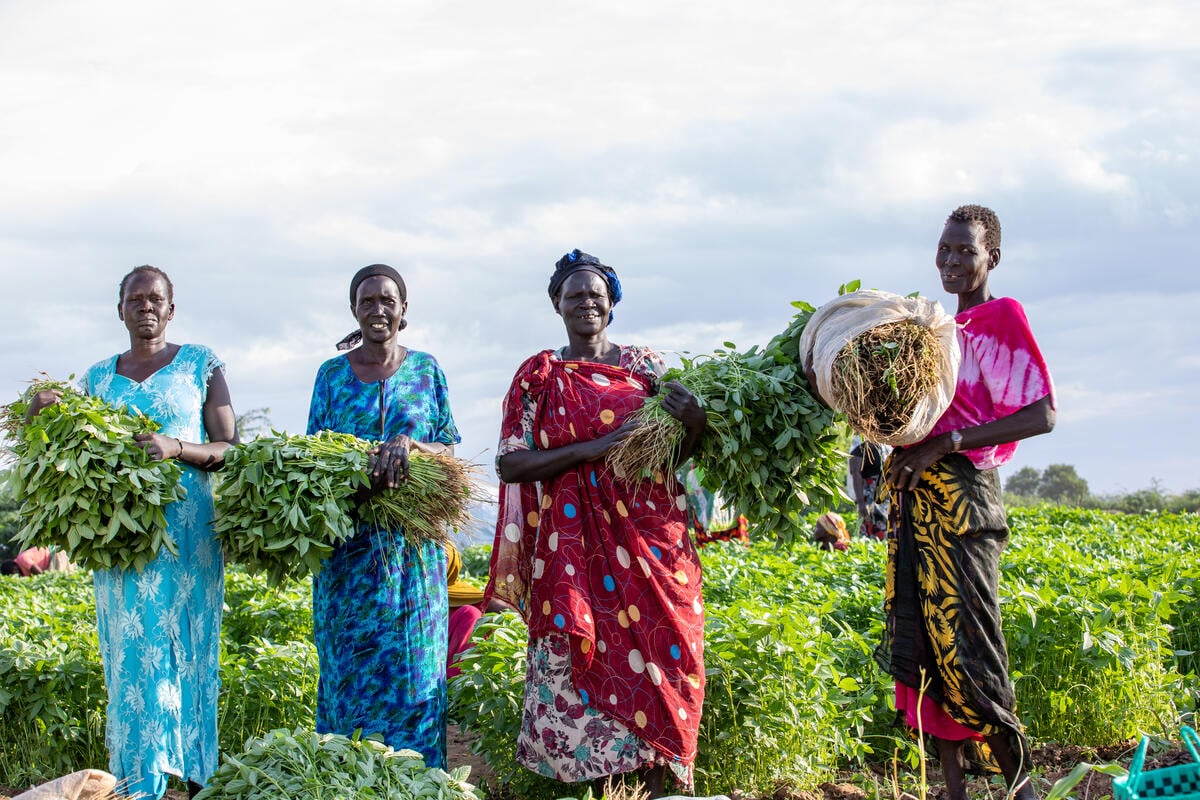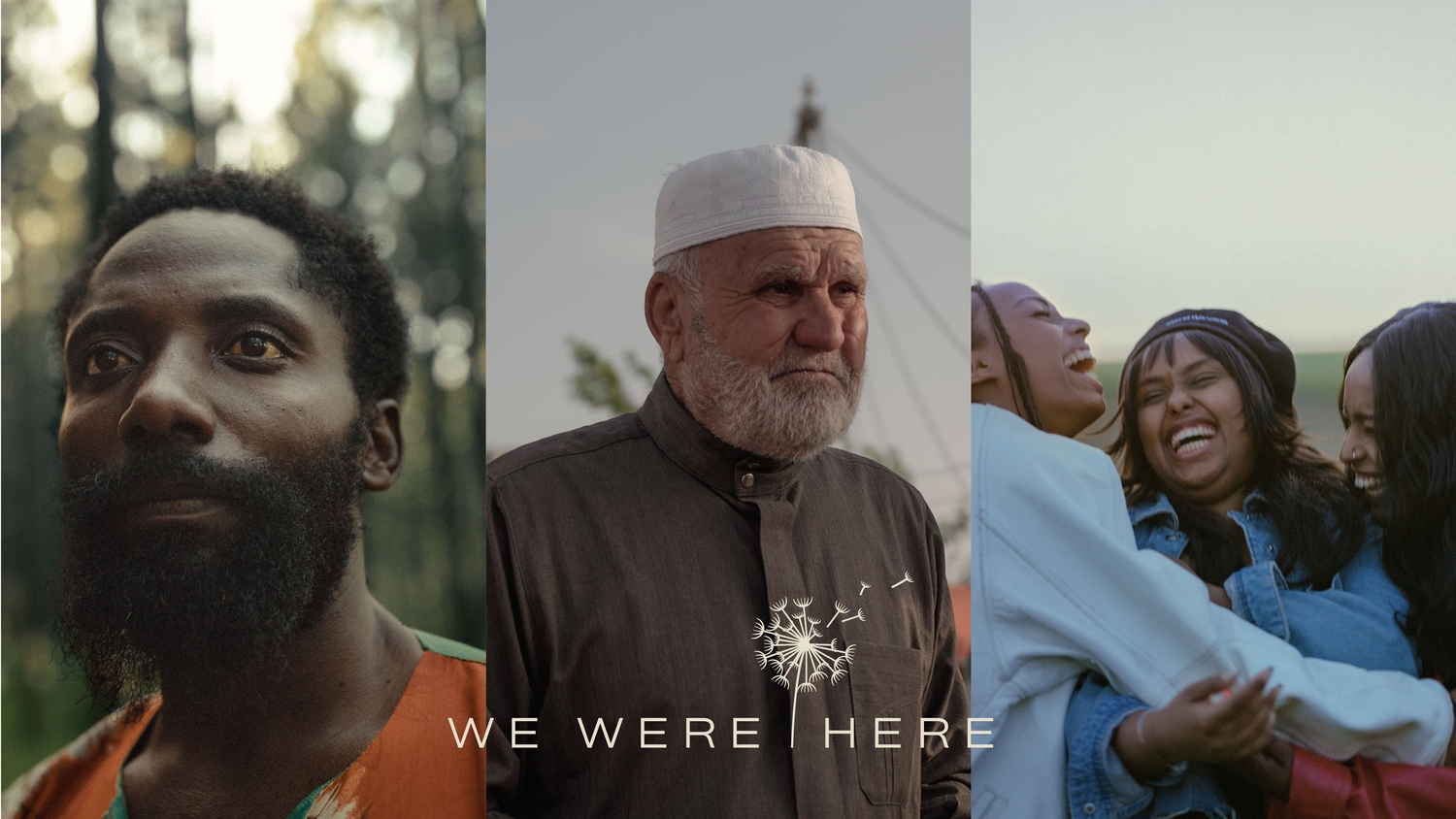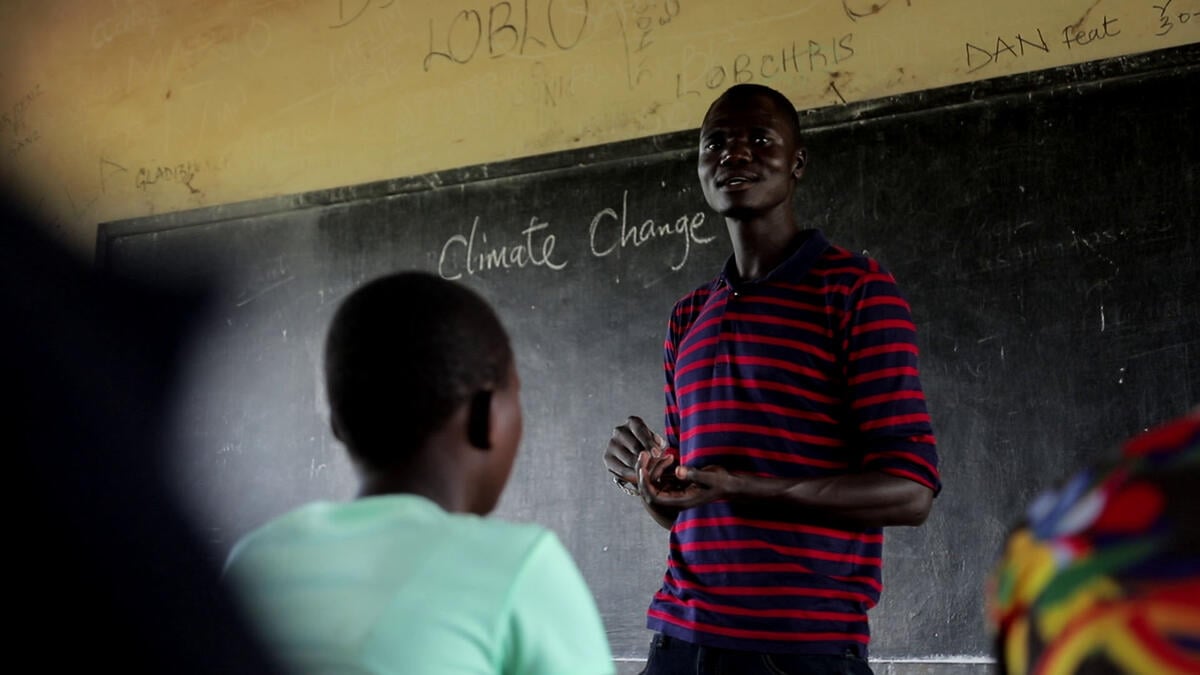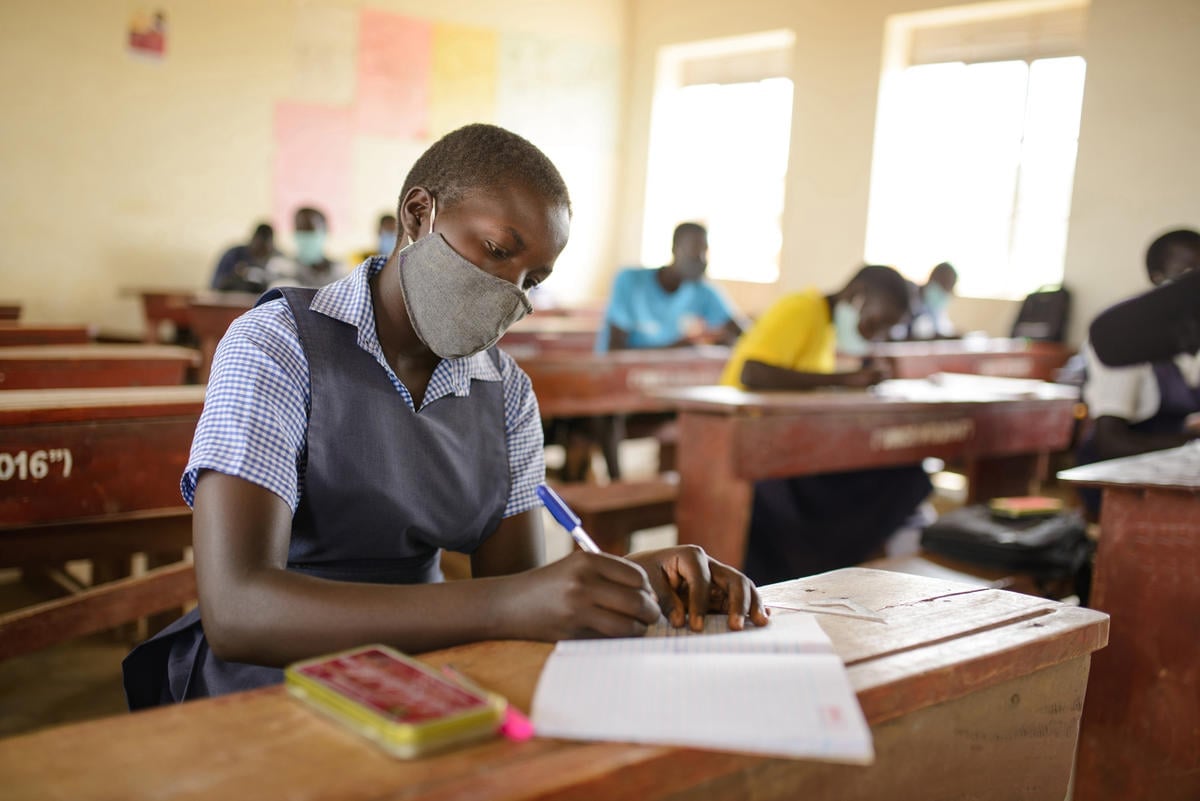UNHCR steps up support for Uganda's refugee programme
UNHCR steps up support for Uganda's refugee programme

UNHCR, the UN Refugee Agency, announced today new measures to support the government of Uganda’s refugee programme, including through a major biometric data verification exercise.
“We are taking extremely seriously recent developments in Uganda. The refugee programme in this country is of critical importance, given the scale of the emergency and the role model played by Uganda in welcoming and receiving so many people seeking international protection,” said UNHCR’s Assistant High Commissioner for Operations, George Okoth-Obbo.
“On 1 March, in support of the Ugandan government, we together with our partners are launching a massive biometric verification exercise of all refugees in Uganda. This nation-wide re-enrolment and verification process will be key to help the government in fixing discrepancies in refugee data,” added Okoth-Obbo.
UNHCR has already deployed staff, with partner emergency teams, to start the exercise. In total, more than 400 staff will register refugees.
The data verification exercise is scheduled to be completed by September 2018 – including introduction of biometric checks at food distribution sites. The tried and tested UNHCR biometric system has already been used in 48 countries across the world and helped register some 4.4 million refugees.
In parallel, UNHCR’s independent Inspector General’s Office is rigorously pursuing its own oversight and due diligence measures, including investigations of several serious allegations received in 2017 on fuel embezzlement, one allegation of sexual exploitation and abuse, irregular tendering of water trucking, and fraud in procurement and food distribution.
Uganda initiated a probe in January after reports received by UNHCR and the World Food Programme (WFP) alleged corruption and grave misconduct by government officials involved in refugee assistance.
“Let me be crystal clear: the allegations reported so far are not focused on UNHCR. Our investigations aim at supporting the recently launched probe by the Ugandan prime minister to fight corruption and grave misconduct by its officials,” said UNHCR’s Okoth-Obbo.
“At UNHCR, we have zero tolerance for misconduct, abuse and exploitation. Every possible report or allegation is thoroughly assessed,” stressed Okoth-Obbo.
Allegations concerning other UN agencies or implementing partners have been referred to the respective organizations for internal investigation, and those concerning government staff or entities have been referred to authorities in Uganda. UNHCR is closely monitoring the outcomes of these investigations and is closely cooperating with the Ugandan authorities and other partners.
UNHCR is also strengthening its monitoring and oversight to prevent a reoccurrence of the events, including the deployment of more senior staff to help put in place additional safeguards.
These new measures are being implemented as the current Representative is reaching the end of his term and a more senior replacement is about to arrive.
“Throughout his time in Uganda, Mr Bornwell Kantande has demonstrated deep commitment, steering the UNHCR operation in a particularly challenging environment characterized by multiple refugee influxes, with Uganda now hosting the largest number of refugees of any country in Africa. After almost three years as Representative, he will shortly move to a new assignment and in the meantime continues to enjoy my full support and trust," said UN High Commissionner for Refugees Filippo Grandi.
Uganda provides protection to well over one million refugees, keeping an open-door policy for people fleeing conflict and persecution.
“We need a strong and collective response which aims at strengthening the refugee programmes in Uganda, while drawing lessons from the current situation,” concluded UNHCR's Okoth-Obbo.
For more information on this topic, please contact:
- In Kampala, Teresa Ongaro, [email protected], +254 735 337 608
- In Kampala, Duniya Aslam Khan, [email protected], +256 772 701 101
- In Geneva, Babar Baloch, [email protected], +41 79 513 95 49









